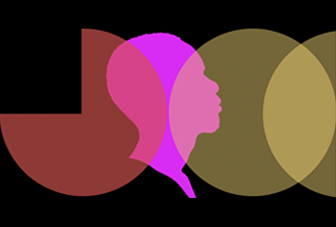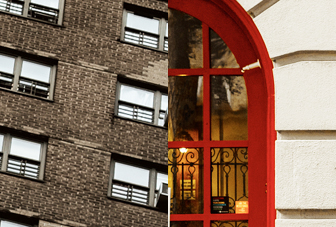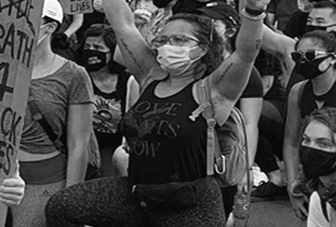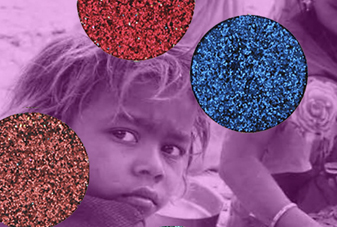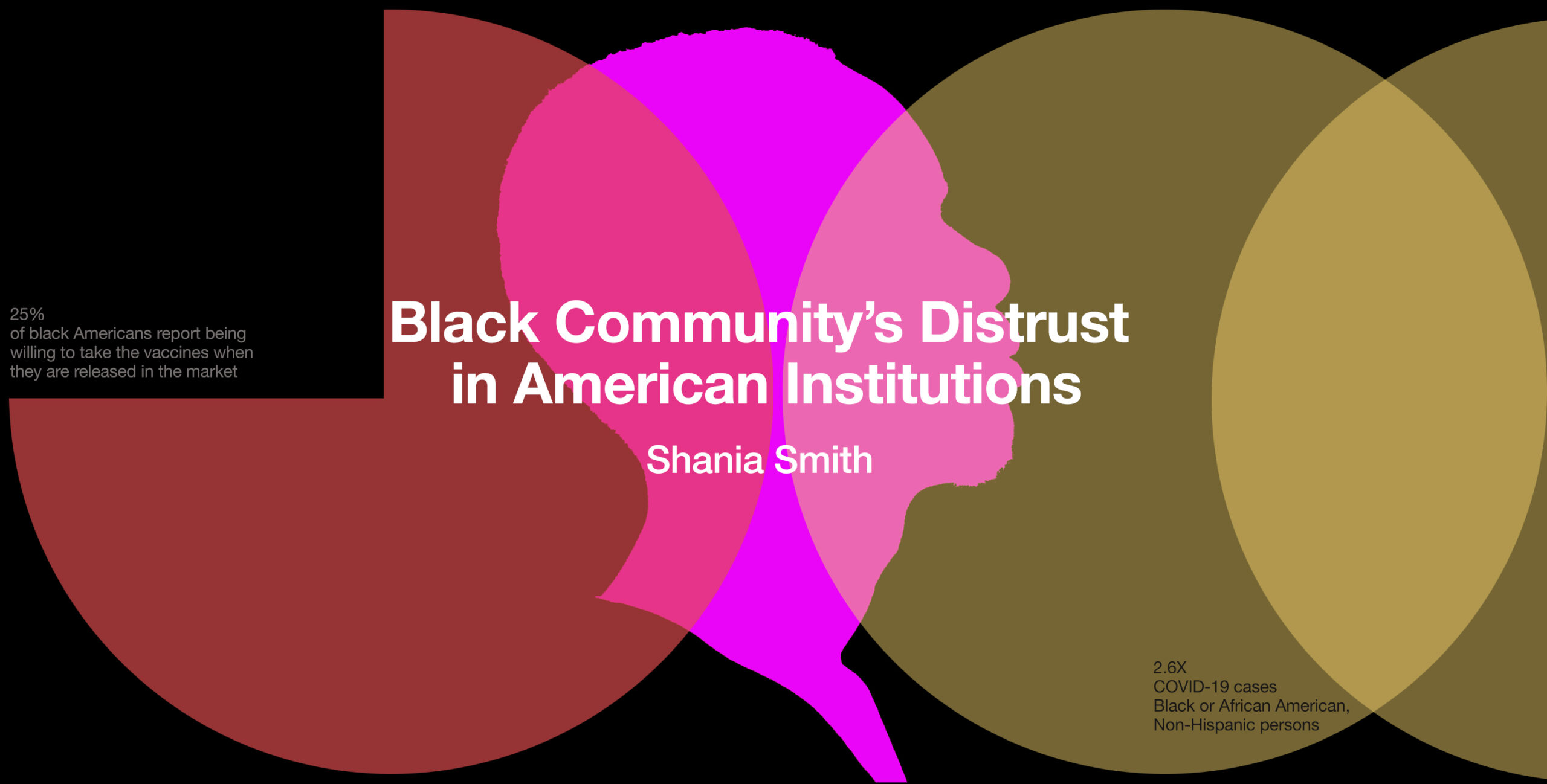
“Don’t let them treat you with a vaccine, with their history of treachery through vaccines, through medications...” exclaimed renowned Nation of Islam Minister, Louis Farrakhan,in an internationally broadcasted address this past 4th of July. Although reports show that black Americans are dying at disproportionately high rates from COVID-19, Farrakhan’s sentiments are fairly pervasive throughout black American communities. Polls show that just ~25% of black Americans report being willing to take the vaccines when they are released in the market next year – (even with the wide-scale skepticism surrounding the vaccines, that’s still about half of the national average)! When asked about their disapproval of the vaccine, black Americans have given answers that for the most part all seemto stem from the same source: distrust in the American government and its institutions.
This distrust I speak of is one that is deep-seated, deriving from years of mistreatment inflicted on them by America’s institutions. From Jim-Crow to the creation of ghettos, structured forms of discrimination have subjected generations of black Americans to serious trauma. The slew of systematic and incidental in justices in occupational, educational, health, and other realms have contributed to wide-ranging and long-lasting racial disparities, all of which have collectively communicated to black Americans that America is not place that has their best interests.
Of the countless many incidents, perhaps the most reference dare the infamous Tuskegee Experiments (1932-1972). The experiments are a prime example of the great distortion and unethical nature in which black Americans are dealt with by America’s institutions. From the onset, the study was riddled with unjustness as researchers gathered their black participants through fraudulent advertisement. Falsely promoted as a study offering free access to medical care to black American men suffering from syphilis and various other ailments, hundreds of black American men signed up to take part. Unbeknownst to them, however, that the study was actually a long term-research project for researchers to investigate the progression of syphilis. For years, the participants were given faulty placebos, while they were under the impression that they were receiving treatment. Even when it was discovered that penicillin was a successful form of treatment for syphilis in the 1940’s, researchers withheld legitimate treatment from participants. Throughout the duration of the study, these men suffered tremendously, experiencing serious damage to their eyes, heart, blood vessels, livers, bones, joints, and cognitive health. What was meant to be a six-month project, ended up lasting 40 years and only ceased after news broke about its unethical nature. By that time hundreds of the participants had died, had gone mentally insane, and/or had given syphilis to their wives and children. It has been over40 years since the horrific Tuskegee Experiments came to an end. Yet the bitterness and distrust it supplanted in the hearts of black Americans has not just remained, but in fact has grown stronger.
Since then, there have been several incidents that have exacerbated the rift between the black community and American institutions. We’ve had the government’s poor intervention in the HIV/AIDS epidemic that ravaged the black community in the 90’s, as well as their poor response to Hurricane Katrina that disproportionately devastated black communities in 2005; we’ve also had sky rocketing mass incarceration of black males due to increasingly punitive criminal justice laws, such as the “stop and frisk” policy and the Rockefeller laws across the past four decades; and most recently, we’ve had a string of heinous police brutality incidents against black men, woman and children across the country... and this is just to name a few.
This is not to mention the government’s persistent failure to address high levels of systemic inequalities in schooling, access to health care, and employment opportunities, of which have all contributed to ongoing high rates of poverty in black communities.
These systemic failures have manifested themselves in the current COVID-19 crisis; for the disproportionately high mortality rates witnessed by the black community since the onslaught of the pandemic are directly tied to significant racial disparities in access to health care and quality of living. The underlying conditions that give COVID its deadly potency in human bodies, for instance, are particularly pronounced in black communities due to ongoing disinvestment in health care systems and quality of living in them. Now, the government has long been aware of this disinvestment. Yet only in light of the high COVID-19 death toll in black communities has it been put to the fore in the public’s purview. For those within black communities, the fact that it takes a pandemic to get the country to pay attention to these ongoing issues is frustrating beyond measure and speaks immensely to just how little America truly cares for them - the high death toll, yet another slap in the face, adding to the already deep-seated feelings of victimization.
While the pandemic continues to ravage through black communities, black Americans wait apathetically on the government’s response. Will this alarming death toll merely be treated as a reminder of the great inequalities that exist in this country or will it be treated as a wake-up call, a call to action by America’s institutions?
I suppose only time will tell.
Other Pages

Interview with Dr. Alexandre SkibaProject type

The Return Of The HistoryProject type

A Dead DreamerProject type

NothingProject type

ObsessionProject type

A Person & Their TribeProject type

Education From a DistanceProject type

Coffee, Twitter, and RevolutionProject type

When I Turned SeventeenProject type
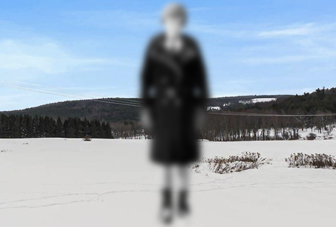
A Winter of IsolationProject type

SpeechProject type
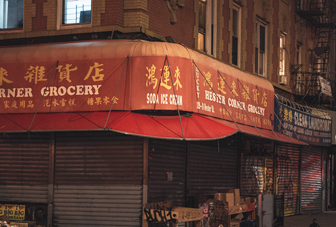
Desolation's PerseveranceProject type

CoraProject type
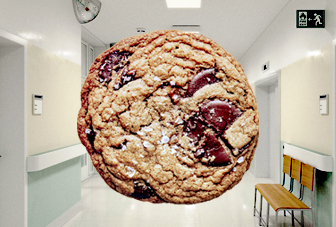
Hospital CookiesProject type

A Fragmentation of WordsProject type
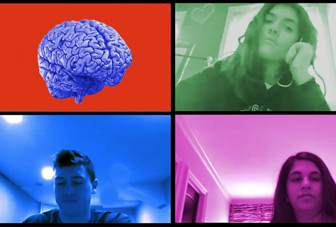
The Stress of Remote LearningProject type

Sweet SixteenProject type

WordsProject type

A Christmas CarrollProject type
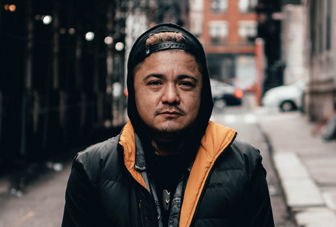
New York City 2020Project type

Qualified Immunity: Broken DownProject type
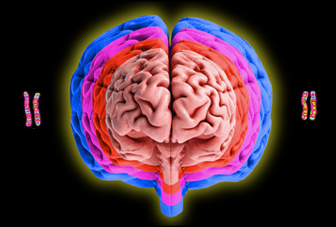
What Science Tells Us About Gender?Project type

Beyond The Bathroom StallsProject type

1 am thoughts on Trutharticle
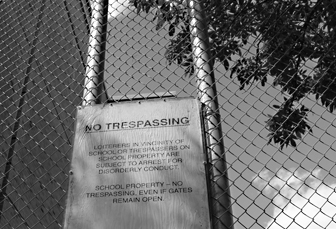
Brooklyn, NY During COVID-19Photo Gallery

AboutAbout Page

Submission InformationProject type
